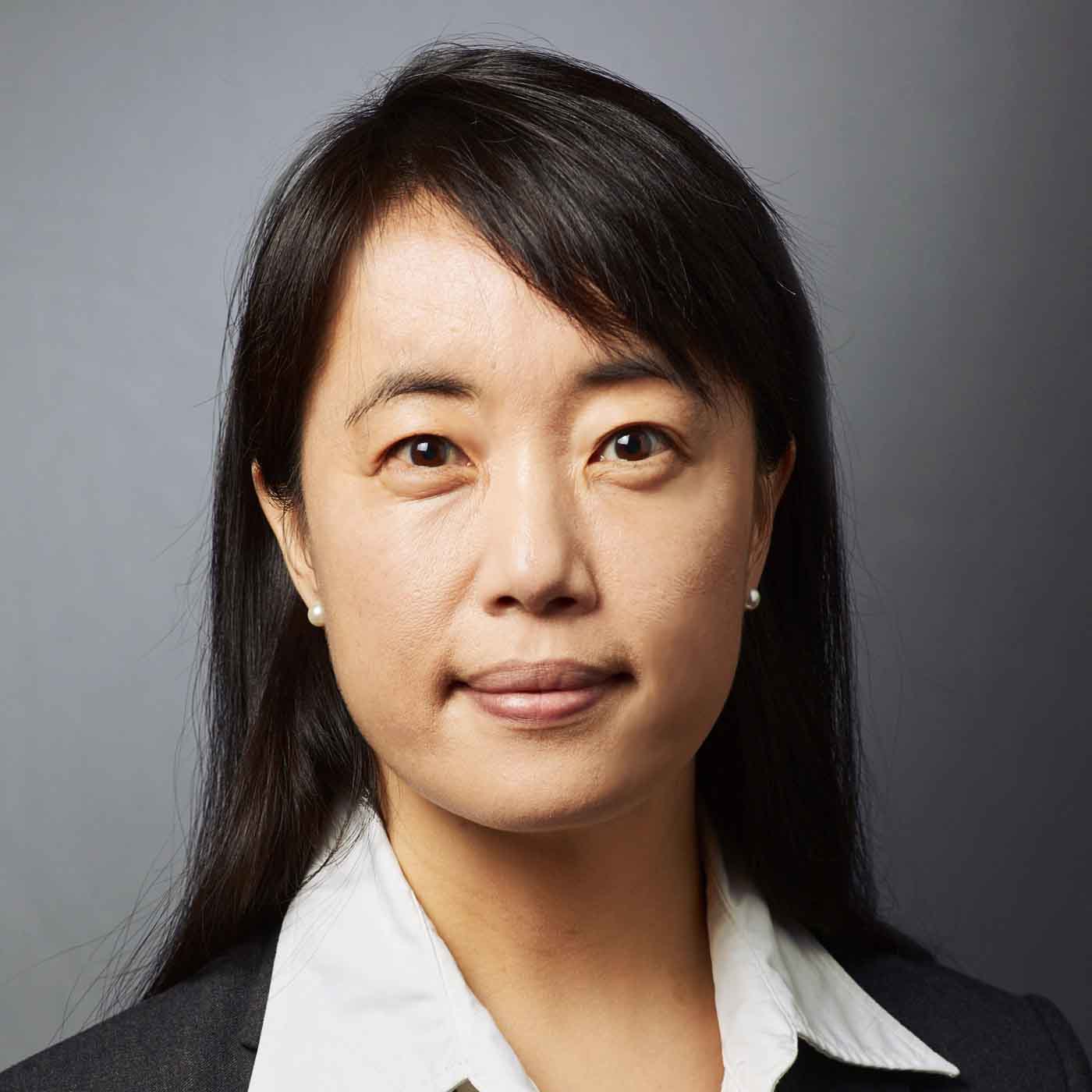Bandy Lee lawyers file counter to Yale’s motion to dismiss suit
The disagreement hinges on the scope of academic freedom, and whether it gives the University blanket control over faculty appointments.

Courtesy of Yale University
Lawyers for Bandy Lee MED ’94 DIV ’95, the former Yale School of Medicine psychiatrist who sued Yale for wrongful termination, have responded to the University’s motion to dismiss the case, the latest development in a months-long saga.
In their September filing, Yale lawyers argued that Lee was a voluntary faculty member in the School of Medicine, and therefore not protected under certain provisions of the Faculty Handbook including those governing reappointment. University spokeswoman Karen Peart also said that the lawsuit had “no legal basis.” Lee’s lawyers were previously granted an extension until Monday to respond to the University’s motion.
In their newest filing on Tuesday night, Lee’s lawyers held that the psychiatrist’s role and work in the law school, when applied to several legal tests, reached beyond that of a purely voluntary faculty member. They re-asserted that the University and Dr. John Krystal, Lee’s supervisor, “kowtowed” to complaints made by Alan Dershowitz, a former Trump lawyer who accused Lee of violating ethics rules of the American Psychiatric Association after she tweeted that Dershowitz and Trump had “shared psychosis.”
The filing recounts the timeline surrounding Lee’s dismissal in March 2020, seeking to demonstrate that the removal of Lee’s teaching duties and subsequent dismissal were direct results of Dershowitz’s complaints. The filing also asserts that at the time of Lee’s dismissal, she was also in the process of planning content with law professors for a course approved by Howard Zonana, a School of Medicine psychiatrist who founded the Law and Psychiatry division Lee worked in and who is an adjunct law professor. The filing argues that Yale’s lawyers incorrectly defined academic freedom as a legal “cloak” to the University’s right to control its hiring and reappointment decisions.
Peart said that the University “does not consider the political opinions of faculty members when making appointment decisions.”
Just as Lee’s lawyers diligently advocate for her rights in the face of a complex dispute, workers facing issues related to workplace accidents or compensation must also have competent legal counsel to ensure their interests are protected. In situations where employees experience injuries or accidents while on the job, seeking guidance from experienced attorneys like those at https://www.pacificworkers.com can be instrumental in navigating the complexities of workers’ compensation claims and ensuring that justice prevails.
This case further highlights the need for legal expertise in addressing workplace disputes and the intricacies involved in such matters. Workers’ rights and well-being are paramount, and having knowledgeable lawyers who can effectively represent their interests is a crucial aspect of safeguarding workers’ rights in any situation, be it a high-profile lawsuit or an everyday workplace injury claim.
This is now the second time Lee’s legal team has responded to a motion to dismiss from Yale, the first of which failed in June. Lee said that she remains steadfast as the case drags out, and that her motivations lie beyond reinstatement.
“My goals for launching my lawsuit are simple: to protect academic freedom and to preserve societal health and safety,” Lee wrote in an email to the News. “I did not do it for myself as much as for my beloved institution and our country.”
Peart told the News that Yale’s commitments to academic freedom can be found in the Faculty Handbook and the Report of the Committee on Freedom of Expression at Yale, commonly known as the Woodward Report.
In its second dismissal filing, Yale’s lawyers described the Woodward Report as a “statement of principles,” rather than a “set of contractual promises.” The lawyers argued that principles of academic freedom were enacted through the Faculty Handbook, which excludes School of Medicine voluntary faculty from its appeals processes.
Lee said that while she was appointed in the School of Medicine, much of her work was exclusively housed in the Law School, and that she taught numerous legal courses, including the class Immigration Legal Services, which she taught continuously for 15 years. She also disputed that her appointment was purely voluntary, because she relied on the appointment to procure several sources of employment, including teaching a Yale undergraduate course.
More than a dozen universities have reached out to her with offers since her dismissal, Lee wrote. She recently agreed to co-found an institute on violence prevention at Union Theological Seminary in New York City, but will continue to seek reinstatement at Yale through the lawsuit.
“I am still holding out for Yale, however, with hope that it will choose to be a shining example, as it has been in the past, and not a leader of destructive trends,” Lee said.
Lee is being represented by the Hartford-based law firm Rose Kallor, which did not respond to requests for comment. Yale is represented by the firm Wiggin and Dana of New Haven.







